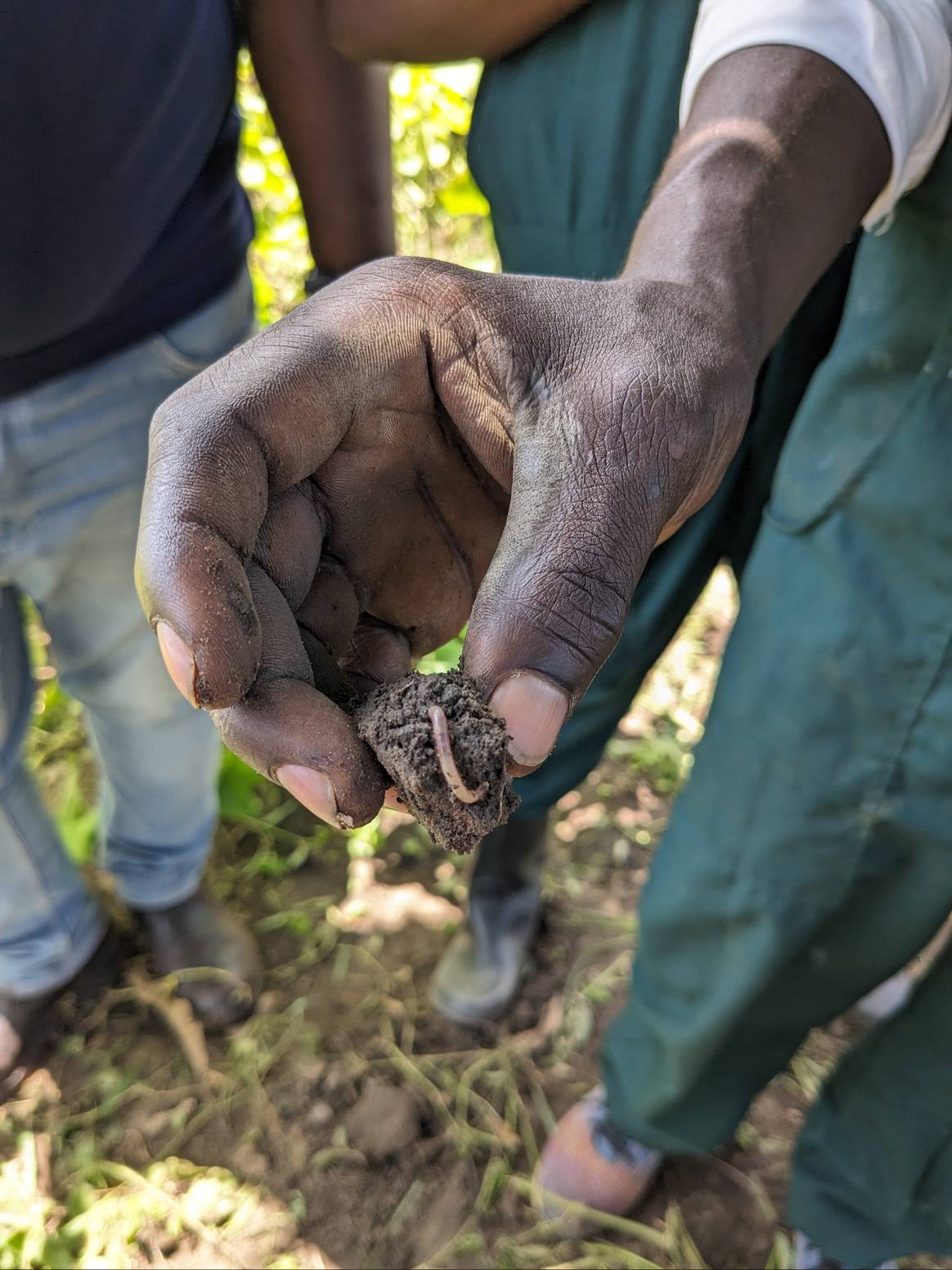The Aid by Trade Foundation (AbTF), known for the cotton standards Cotton made in Africa (CmiA) and Cotton made in Africa Organic, as well as the Good Cashmere Standard and the Regenerative Cotton Standard (RCS), recently published its 2023 annual report.
According to the report, the Foundation was once again able to successfully strengthen the market position of its standards for sustainable cotton and cashmere production, invest in innovative projects including ones for increasing transparency in the value chain, and counteract the effects of climate change, the loss of biodiversity and poor social conditions for the people producing the raw materials.
CmiA was active in 54 textile production markets worldwide and worked with 2,700 partners in the textile supply chain, while the Good Cashmere Standard collaborated with 54 retail companies and brands and was present in 16 textile production markets. A total of 900,000 cotton farmers in eleven African countries benefit from the standards.
AbTF generates 8.1 million euros in revenue
Despite difficult economic conditions, AbTF generated 8.1 million euros in revenue, which was possible due to strong demand for both standards. The Foundation achieved a 23 percent year-on-year increase in its financial commitment to promoting an environmentally and socially responsible approach to the production of raw cotton and cashmere. Projects for improving living conditions in production regions also benefited from this growth.
“Living and labour conditions in production areas were improved, and soil quality and biodiversity were conserved, through numerous sustainability- and innovation-focussed projects that aimed to enable people to help themselves,” summed up AbTF founder Michael Otto in a press release.
The standards have been so successful because they are based on the principle to help people help themselves by activating market forces for almost 20 years. Accordingly, 84 percent of the income generated in 2023 came from commercial operations. In 2023, this income was used to support almost 900,000 smallholder families on an area of 1.7 million hectares, who grew around 500,000 tonnes of cotton in accordance with the criteria of the CmiA and CmiA Organic Standards. In addition, 9,100 farms in Inner Mongolia with 4.3 million goats produced 2,200 tonnes of GCS-verified cashmere – an increase of over 15 percent compared to the previous year.
By combining traditional knowledge, modern agricultural technology, and effective tracing systems like the Hard Identity Preserved (HIP) tracking system, the AbTF standards were able to fulfil producers’ desire for innovative solutions in 2023 in addition to reliably providing the high degree of transparency increasingly being demanded by lawmakers and consumers.
The standards also work because they combine traditional knowledge with modern agricultural technology and are supported by effective tracing systems such as Hard Identity Preserved (HIP). This is essential in view of the transparency required by law and increasingly demanded by consumers.
“Regional workshops, digital learning platforms, and innovations like the remote sensing project or the recently established Innovations Club are only a few of the ways through which AbTF led the way in 2023, providing clear measures, guidelines, and data-based approaches for partner organisations to build on as they work to responsibly produce raw materials for the textile industry,” states the press release.

To increase small-scale farmers’ resilience to the effects of climate change, AbTF also developed the Regenerative Cotton Standard((RCS) in 2023, which follows a holistic approach to agriculture. It distinguishes itself by being the first to specifically promote natural regenerative processes in small-scale cotton farming.







